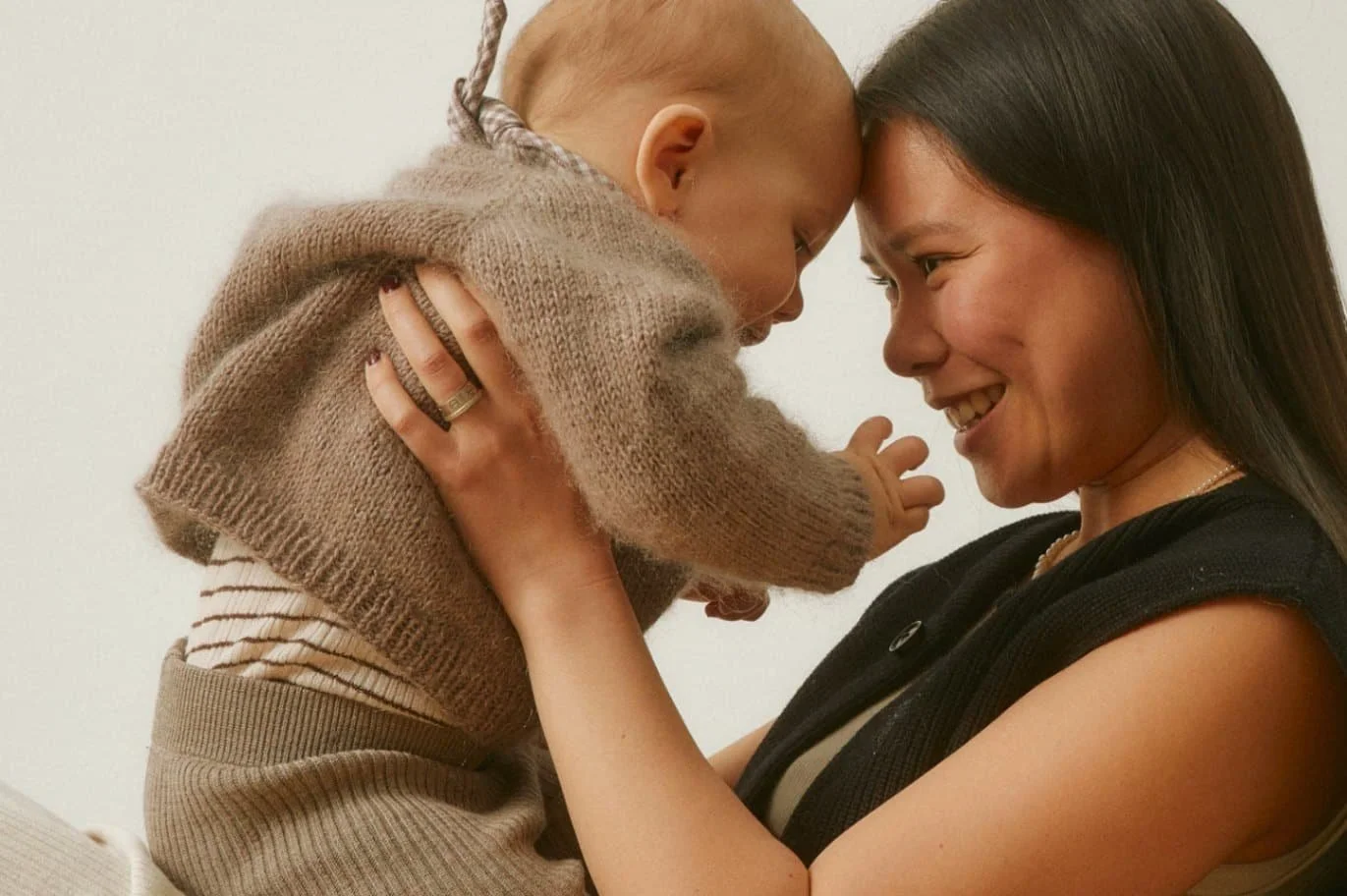Why Messing Up Matters
It still baffles me that after literally millions of years, human infants have still not evolved to sleep throughout the night. If only parent(s)/caregiver(s) could get more sleep, they would be able to care for the needs of their baby in a more sustainable way. Yet here we are, all these years later, and parents are still exhausted, overwhelmed, and most of the time, held to way too high of standards.
I think parenting is the most important job in the world so you know … some pressure makes sense. Yet how do we find the balance between taking the job seriously enough, and yet not losing sight of the fact that perfection is impossible. In fact, I would even go so far as to say that striving for perfection in parenting can potentially be very harmful. Hear me out: messing up as a parent really matters; it actually makes your kids more adaptable, self-aware, and able to develop secure relationships.
D.W. Winnicott, a British child psychologist from the 1920s-1970s, coined the term “good-enough” parenting. Often when I introduce the idea of “good-enough” parenting to my clients, they look a little confused. Most of us hear “good-enough” in the angsty-adolescent way like, “meh, it’s good enough, I guess…. [insert eye roll here].”
Through my work with client’s as young as four years old to those who are well into their senior years (we are all someone’s child after all), I have come to believe that “good-enough” parenting means adults being able to:
mess up with their kid and acknowledge their mistakes
make amends for the ways in which they may have hurt their kid
tolerate their kid’s big emotions and in the moments of stress, stay connected to who their kid is as a whole (i.e. instead of as the ungrateful kid who is screaming in the toy store because you won’t let them get a second toy even though you only came here for your nephew’s birthday present and already caved on the one toy).
The following quote from Winnicott captures the nature of what I’m trying to say here. Before reading it, please note that due to unfair stereotypes and assumed gender roles Winnicott ascribed to, he refers only to mothers here, but we all know that kids benefit from having loving and attuned adults of all genders, generations, and levels of community.
“a mother is neither good nor bad nor the product of illusion, but is a separate and independent entity: The good-enough mother ... starts off with an almost complete adaptation to her infant’s needs, and as time proceeds she adapts less and less completely, gradually, according to the infant’s growing ability to deal with her failure. Her failure to adapt to every need of the child helps them adapt to external realities”
For me, that final line says it best: as adults, our failure to meet every single need for our kids actually helps them build tolerance for their own emotions, for the emotions of others, and for the challenges they will face when apart from you.
So what does this look like? Here are my most direct points of encouragement:
acknowledge when you mess up: this means naming that you made a mistake, said something hurtful, missed an important moment, etc. – even if you had the best of intentions going into the situation
say you are sorry but only when you mean it, and don’t say it if your main motivation is to stop your kid from being upset – that will only stoke insecurity
say what you will try to do differently next time, or to take it one step further, ask your kid what they would need from you next time a challenge like this comes up
acknowledge their feelings (even if you think the fact that they’re absolutely losing it over not being able to watch another episode of Bluey is completely absurd because they just finished 16 episodes) – validating someone’s feelings does NOT mean that you agree with, understand, or even like their feelings, it just means that you hear and see them
take a break: when you are feeling overwhelmed and can’t keep your cool, take a moment. Let your kid scream a little longer, they will be okay and you will be okay. You just need a moment to remember that you’re not aiming for perfection, you are aiming for good enough.



